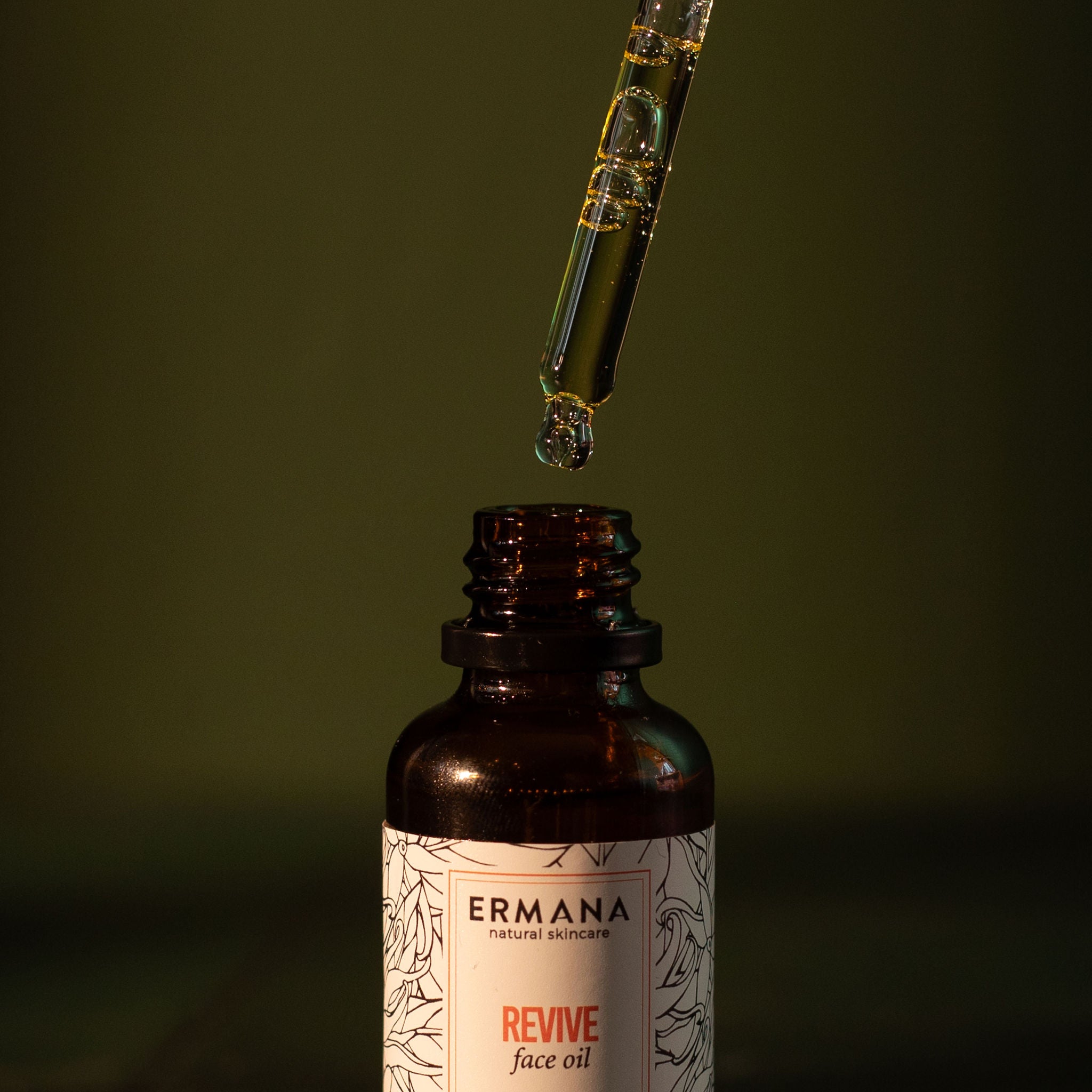
In the world of skincare, there’s often a debate about what’s best for your skin: plant oils or creams and lotions. While creams and lotions have long dominated bathroom shelves, there’s a growing shift towards more natural alternatives, particularly plant-based oils. With their nutrient-rich profiles, versatility, and natural approach, plant oils offer a unique and effective way to nourish and protect your skin. Here’s why they might just be better than conventional creams and lotions.
- Fewer Ingredients, Less Irritation
One of the main advantages of plant oils is their simplicity. Unlike creams and lotions, which often contain a cocktail of ingredients such as preservatives, synthetic fragrances, and emulsifiers, plant oils are usually just that – pure, natural oils. These additional ingredients in creams and lotions can sometimes lead to irritation, particularly for sensitive skin types. By using plant oils, you're minimising your exposure to potential irritants, which is especially beneficial for those with conditions like eczema, rosacea, or acne-prone skin.
- Rich in Nutrients and Antioxidants
Plant oils are packed with vitamins, essential fatty acids, and antioxidants, making them a powerhouse for skin health. They are rich in vitamins A, C, and E, which help to repair skin, boost collagen production, and fight free radicals that cause premature ageing. The fatty acids in oils also help to maintain the skin’s natural moisture barrier, ensuring your skin stays hydrated and protected.
- Mimic Your Skin’s Natural Oils
Many plant oils closely resemble the sebum naturally produced by our skin. Jojoba oil, in particular, is almost identical in structure to the skin’s natural oils, making it an excellent moisturiser that doesn’t clog pores. This makes plant oils ideal for balancing oil production, soothing dry patches, and preventing breakouts. While creams and lotions often provide a surface-level barrier, plant oils sink deeper into the skin, providing hydration at a cellular level.
- Highly Absorbent Without the Heavy Feel
Despite common misconceptions, plant oils are lightweight and absorb quickly into the skin. Unlike some heavy creams and lotions that can leave a greasy or sticky residue, oils penetrate deeply without clogging pores or suffocating the skin. This makes them suitable for all skin types, including oily or combination skin. Jojoba oil, for example, works wonders on acne-prone skin, as its composition is close to that of sebum (the skin's own natural oil), meaning it actually controls sebum production. It softens skin, balances sebum production, and stops the skin from producing excess oil.
- Better Moisture Retention
While creams and lotions often contain water, which evaporates quickly, leaving the skin dry, plant oils form a protective barrier that locks in moisture. They help to strengthen the skin’s lipid barrier, preventing water loss and keeping the skin hydrated for longer. This is especially important during colder months when the skin is more prone to dehydration due to harsh weather conditions.
- Free from Synthetic Preservatives
Most creams and lotions require preservatives to prolong their shelf life, but these can sometimes be harmful to the skin, leading to sensitivities or allergic reactions. Plant oils, on the other hand, typically don’t need synthetic preservatives, especially when they’re stored properly. This means fewer chemicals come into contact with your skin, making plant oils a cleaner, more natural option for skincare.
- Versatile and Multi-Functional
Plant oils aren’t just great for moisturising – they’re incredibly versatile. You can use them as a cleanser, a makeup remover, a hair treatment, or even as a body oil. Oils like coconut or almond oil can double as a nourishing treatment for dry, brittle hair, while argan or rosehip oil can be applied to cuticles, elbows, and heels for extra hydration. Their multi-functional nature means that one bottle of oil can often replace several skincare products, simplifying your routine and reducing the amount of waste and packaging.
- Eco-Friendly and Sustainable
Many plant oils are sourced sustainably, especially when you choose brands that focus on organic and ethical harvesting practices. In contrast, creams and lotions are often packaged in plastic and may contain synthetic ingredients derived from non-renewable sources. By opting for plant oils, you're making a more environmentally conscious choice that reduces your impact on the planet.
Conclusion: Nature’s Answer to Skincare
In a world where skincare can often feel overly complicated, plant oils offer a simple, effective, and natural solution. They provide deep nourishment, protect your skin, and are free from the unnecessary additives found in many creams and lotions. Whether you're looking to hydrate, balance, or repair your skin, the wide variety of plant oils available means there’s something for every skin type. So, if you’re searching for a cleaner, greener alternative to your regular creams and lotions, plant oils might just be the answer your skin has been looking for.

Comments (0)
Back to News